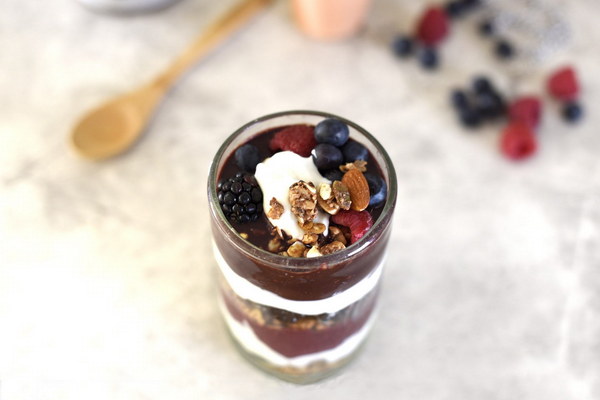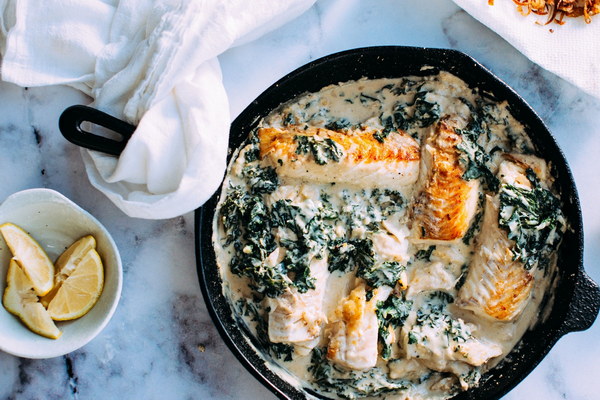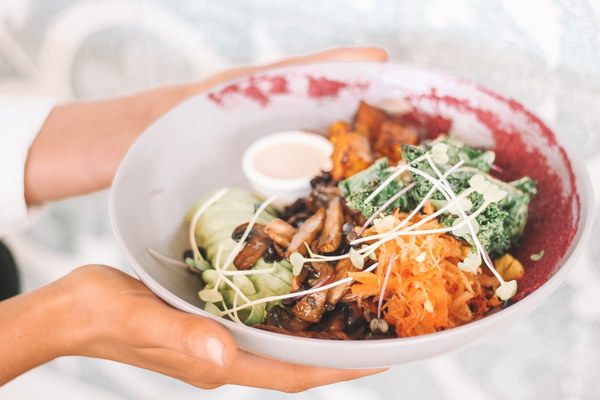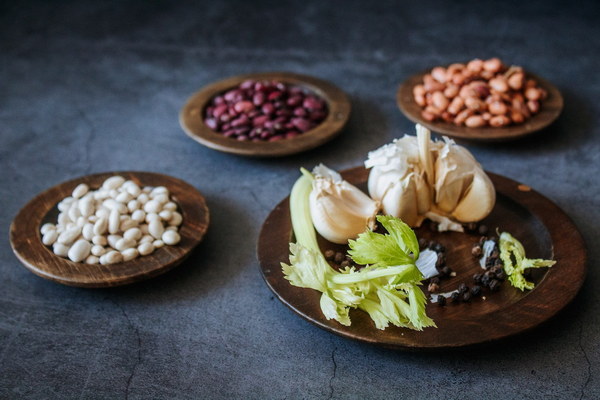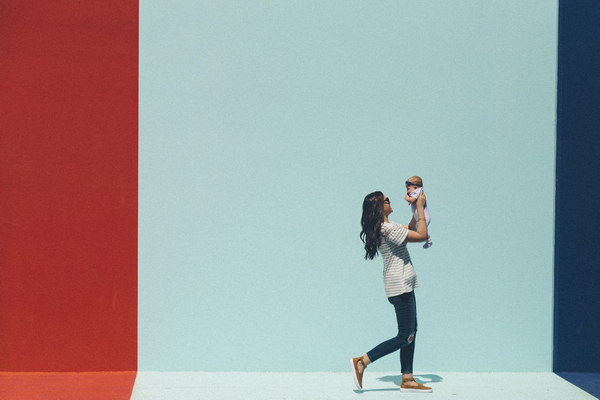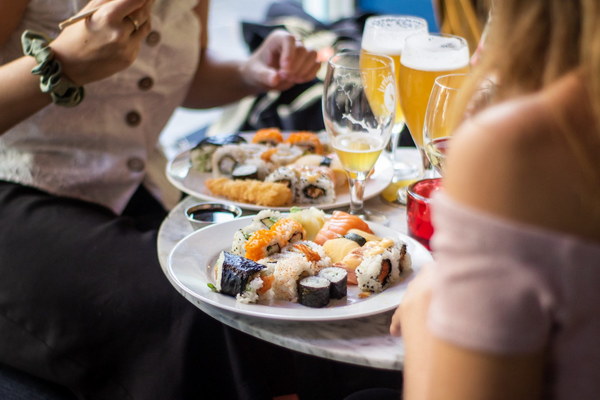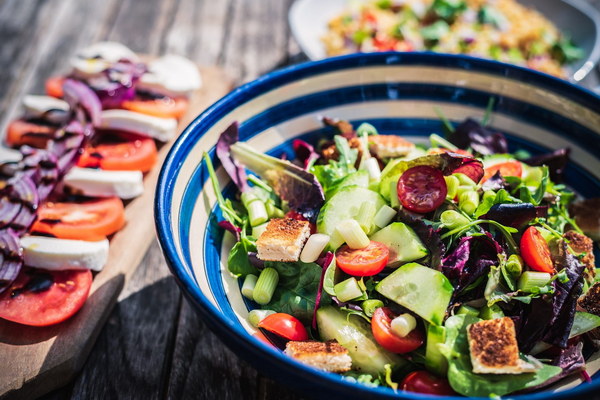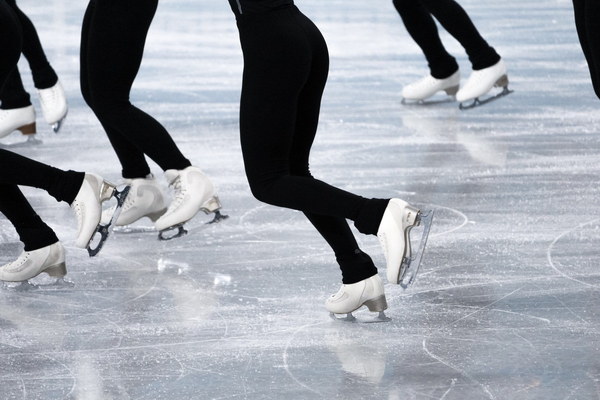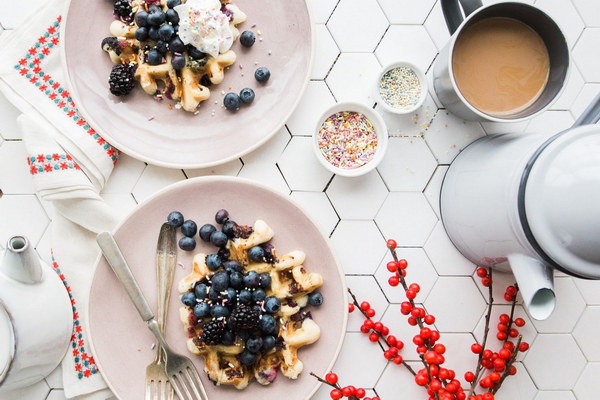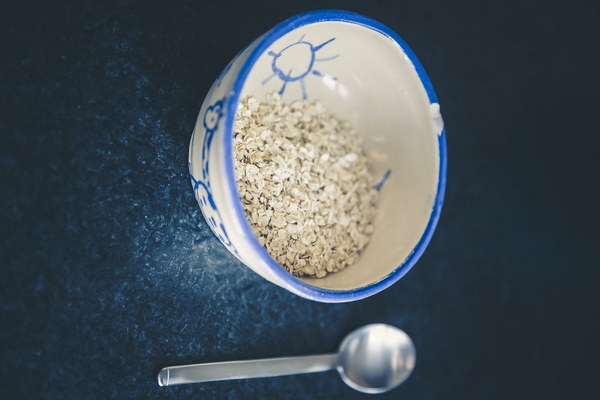Boost Your Iron Levels Top Foods to Combat Anaemia
Embarking on the journey to combat anaemia, it's crucial to fortify your diet with the right nutritional allies. Iron deficiency is a common cause of anaemia, and consuming foods rich in this essential mineral can significantly aid in replenishing your iron stores. Here's a comprehensive guide to the top foods that can help you battle anaemia naturally.
Understanding Anaemia and Iron Deficiency
Anaemia is a condition where the body lacks adequate healthy red blood cells to carry oxygen throughout the body. Iron is a key component of haemoglobin, the protein in red blood cells that binds to oxygen. Without sufficient iron, the body's tissues and organs don't receive enough oxygen, leading to symptoms such as fatigue, weakness, and shortness of breath.
The Role of Iron in the Body
Iron plays a vital role in several bodily functions, including:
- Transporting oxygen from the lungs to the body's tissues
- Synthesizing DNA and other proteins
- Supporting the immune system
- Producing energy
There are two types of dietary iron: heme iron, found in animal products, and non-heme iron, found in plant-based foods. Heme iron is more easily absorbed by the body than non-heme iron.
Top Foods to Combat Anaemia
1. Red Meat and Poultry
- Beef liver is one of the most iron-rich foods available, offering a combination of heme and non-heme iron.
- Lean cuts of beef, like sirloin or flank steak, are also excellent sources of heme iron.
- Chicken and turkey, particularly the dark meat, contain higher levels of heme iron compared to white meat.
2. Fish and Shellfish
- Fish such as sardines, tuna, and mackerel are not only rich in heme iron but also contain vitamin B12, which aids in iron absorption.
- Shellfish like clams, mussels, and oysters are also high in heme iron.
3. Legumes
- Lentils, kidney beans, chickpeas, and black beans are great sources of non-heme iron, which is more readily absorbed when consumed with vitamin C-rich foods.
- Tofu and tempeh, made from soybeans, also provide iron, particularly when fermented.
4. Leafy Greens
- Spinach, kale, and collard greens are excellent sources of non-heme iron and are also rich in vitamin C, which enhances iron absorption.
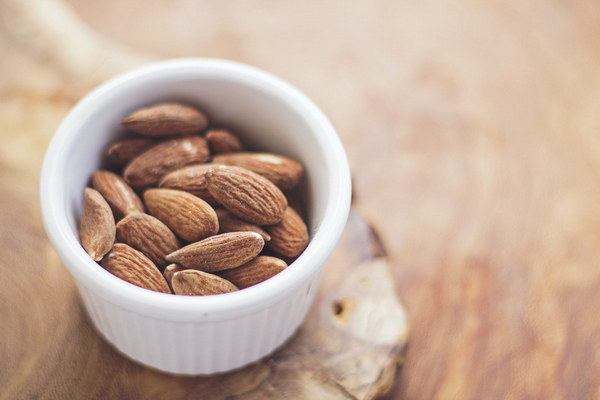
- Chard and beet greens are also good iron sources.
5. Fortified Foods
- Many breakfast cereals, breads, and plant-based milk alternatives are fortified with iron to help combat iron deficiency.
- Fortified cereals and breads can be a convenient way to increase iron intake.
6. Nuts and Seeds
- Almonds, cashews, and pumpkin seeds contain iron, but they also have a high fat content, so they should be consumed in moderation.
- Chia seeds and flaxseeds are also good iron sources.
7. Vitamin C-Rich Fruits and Vegetables
- Citrus fruits like oranges and grapefruits, berries, and bell peppers are rich in vitamin C, which can help increase the absorption of non-heme iron.
- Eating these foods alongside iron-rich foods can be particularly beneficial.
Incorporating Iron-Rich Foods into Your Diet
To maximize the benefits of these iron-rich foods, consider the following tips:
- Consume vitamin C-rich foods with iron-rich foods to enhance absorption.
- Avoid consuming excessive amounts of tea and coffee, as they can inhibit iron absorption.
- Cook foods in iron pots or pans, which can increase the iron content of the food.
- If you have a history of iron deficiency or anaemia, it's important to consult with a healthcare professional before making significant changes to your diet.
By integrating these top foods into your diet, you can help support your body's iron stores and combat anaemia naturally. Remember, maintaining a balanced diet is key to overall health and well-being.
